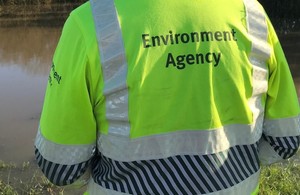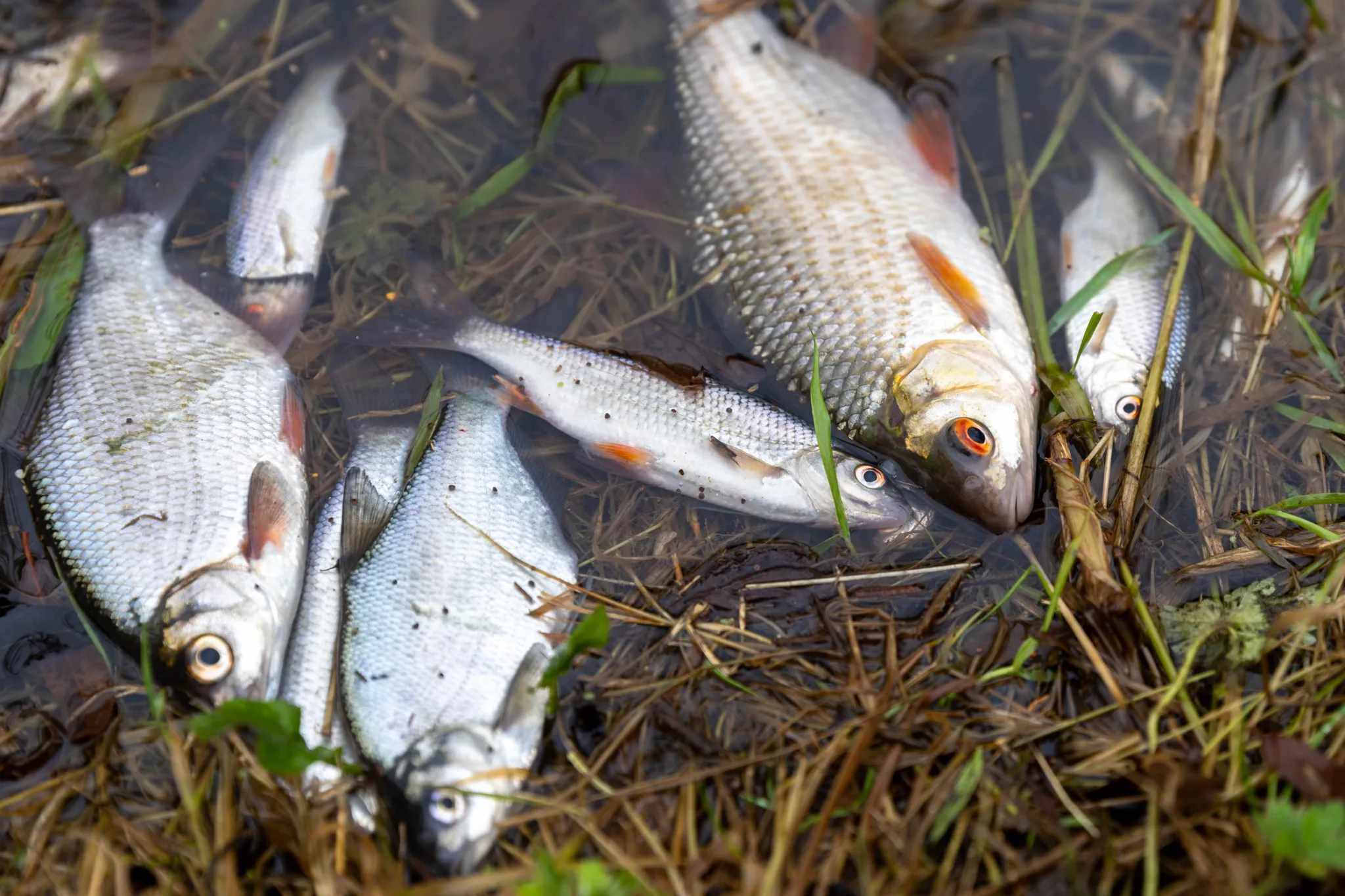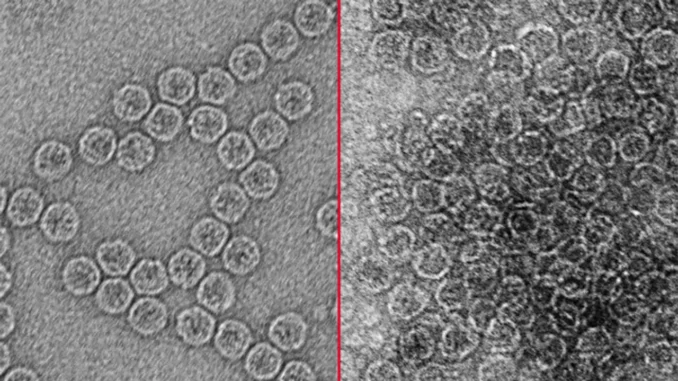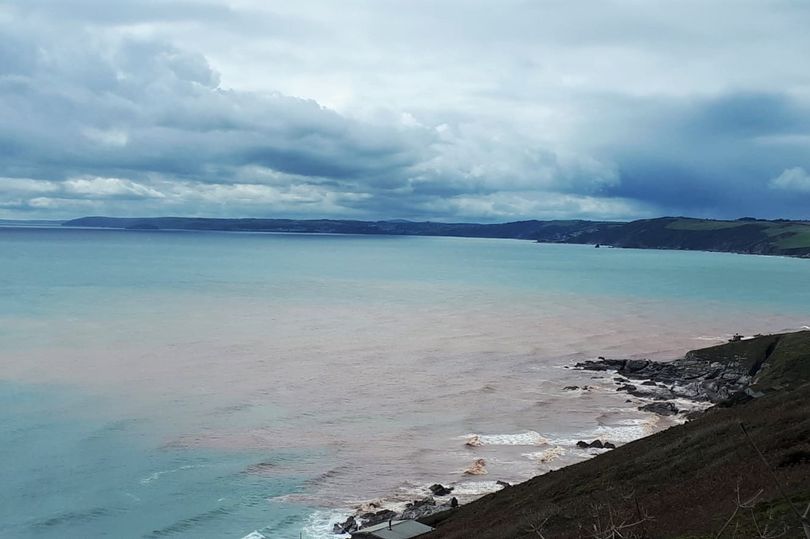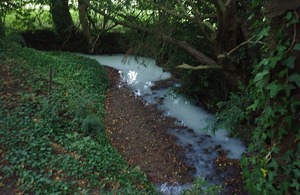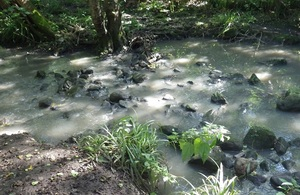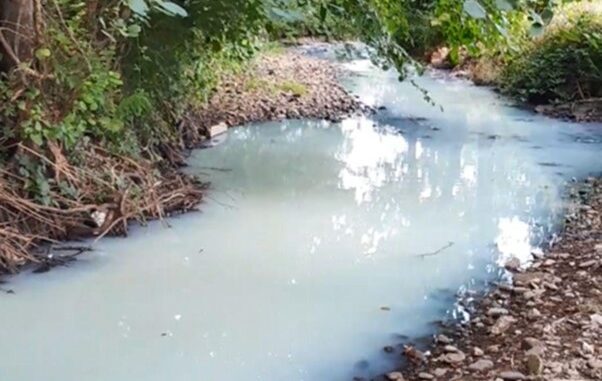Environmental regulators will be able to charge polluters unlimited penalties for causing damage, the Government has confirmed.
The current limit of £250,000 is to be scrapped following a consultation with “widespread public support”, the Department for Environment, Food and Rural Affairs (Defra) said.
It means the Environment Agency (EA) and Natural England can impose large penalties without having to go through lengthy criminal prosecutions.
Defra said the size of the penalties will be subject to sentencing guidelines and will take into account the extent of the pollution and degree of responsibility and harm, as well as the polluting company’s size and ability to pay.
That should be an important deterrent – boosting compliance across a range of sectors, driving down pollution and safeguarding the ecology and prosperity of our natural world.
Alan Lovell, Environment Agency
Environment Secretary Therese Coffey laid out her department’s intention to allow unlimited fines for polluting water companies in April, and this has now been expanded to include any environmental business, from energy and water companies to waste operators.
Ms Coffey said: “Polluters must always pay. We are scrapping the cap on civil penalties and significantly broadening their scope to target a much wider range of offences – from breaches of storm overflow permits to the reckless disposal of hazardous waste.
“It builds on action being taken right across Government to stand up for our environment – tackling pollution, protecting delicate ecosystems and enhancing nature.”
The new powers will come under the Environmental Permitting (England and Wales) Regulations 2016 and they will come into force “in due course” after both Houses of Parliament approve amendments, Defra said.
Environment Agency chair Alan Lovell said: “We regularly prosecute companies and individuals through criminal proceedings, but these new powers will allow us to deliver penalties that are quicker and easier to enforce, even though the most serious cases will continue to go to court.
“That should be an important deterrent – boosting compliance across a range of sectors, driving down pollution and safeguarding the ecology and prosperity of our natural world.”
Defra said future fines and penalties will be invested into a Water Restoration Fund, which will be used to improve water quality.
Campaigners have questioned the Government’s commitment to making polluters pay because of its reduction in funding to regulators over recent years.
Reverend Paul Cawthorne, who has spent years investigating unregulated chemical dump sites that were used by Monsanto to bury carcinogenic PCBs, asked whether Ms Coffey cares that dangerous chemicals could be seeping into some of the UK’s major rivers.
At least two landfill sites in South Wales used by Monsanto have been found to be leaking PCBs and although these are regulated by Natural Resources Wales, Rev Cawthorne believes there are others that are not being properly tested in England, which would be under the responsibility of the EA.
Defra said the new powers will only apply to regulators in England.
Rev Cawthorne said of the announcement: “Much of this looks like mere window dressing to me.
“Unless the Government gives the EA more encouragement and management steerage to actually test the sediments and wildlife of rivers more often, they will continue to miss much of the most serious industrial pollution that is increasingly impacting our river ecosystems.
“In response to citizen knowledge of just how bad things are now getting in our rivers, we want real action rather than defensive PR.”
James Wallace, CEO of River Action, said to members of the Greater London Authority on Tuesday that there needs to be “very significant” fines and penalties to water companies who pollute.
He said regulators have been “defanged” by years of cuts to their funding and that fines of £2 million to some companies are “pittance” and are considered a “business cost” that does not “figure on the balance sheet”.
He added: “Agriculture is actually responsible for more pollution and let’s not forget the Thames catchment.
We welcome this announcement. It is right that regulators have all the powers they need when things go wrong.
Water UK
“Although we’re thinking in the city terms here, a lot of the water comes through from agricultural land.
“Over 40% of phosphates come off agricultural land from diffuse pollution. We need to see the Government, whoever they are in next time round, invest in that as well.”
A Water UK spokesperson said: “We welcome this announcement. It is right that regulators have all the powers they need when things go wrong.
“With 99% of sewage works fully compliant with their legal permits, enforcement will only ever be one part of the solution.
“Bringing about the transformation we all want to see requires hard work, innovation, and investment – which is why we are proposing to invest £10 billion in the biggest overhaul of our sewers since the Victorian era.”
Source: The Independent 12th June 2023


